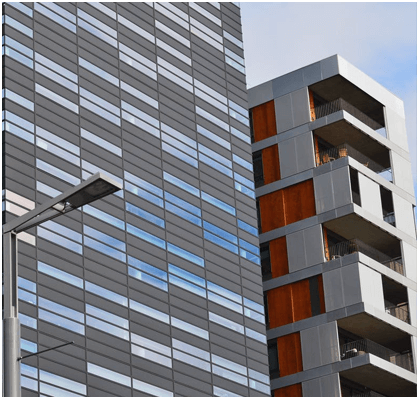Postponing essential maintenance tasks can have far-reaching financial consequences for property owners and managers. Deferred maintenance may ultimately lead to costs that are three, five, or even ten times higher than the initial maintenance expenses. This increase in costs is largely due to the challenges of attracting and retaining high-quality tenants in properties that show visible signs of neglect.
The Importance of High-Level Tenants
High-level tenants are invaluable assets for any property, as they tend to be more reliable in terms of rent payments and property care. Unfortunately, these discerning tenants are often dissuaded from renting properties that exhibit signs of deferred maintenance. A poorly maintained property can send a message to potential tenants that the owner or management company is unresponsive to their needs, leading them to seek better-maintained alternatives. As a result, vacancies may persist, depriving property owners of valuable rental income and making it difficult to cover the costs of eventual repairs.
The Snowball Effect of Deferred Maintenance
When property owners and managers choose to delay maintenance tasks, minor issues can quickly escalate into major problems that require expensive repairs or even full-scale replacements. Additionally, the extended vacancies caused by the inability to attract high-quality tenants can lead to significant losses in rental income, further straining finances. In the end, the decision to defer maintenance can result in expenses that are several times higher than the original cost of addressing the issue.
Preventative Measures and Proactive Management
To protect their investments and maintain a steady cash flow, property owners and managers should prioritize regular maintenance and promptly address potential issues. Implementing a proactive property management strategy can help to prevent minor issues from becoming major expenses. This includes scheduling regular inspections, promptly addressing tenant concerns, and investing in routine maintenance to keep the property in optimal condition.
By staying ahead of maintenance needs, property owners can create an environment that is attractive to high-level tenants, ensuring a stable and reliable source of rental income. In turn, this helps to maintain the property’s value and minimize the long-term financial impact of deferred maintenance.
Conclusion
Set up a call with us!
Stay Up to Date With The Latest News & Updates
Follow Us
Check out our social media to stay updated on Commercial Real Estate new, tips, developments.


